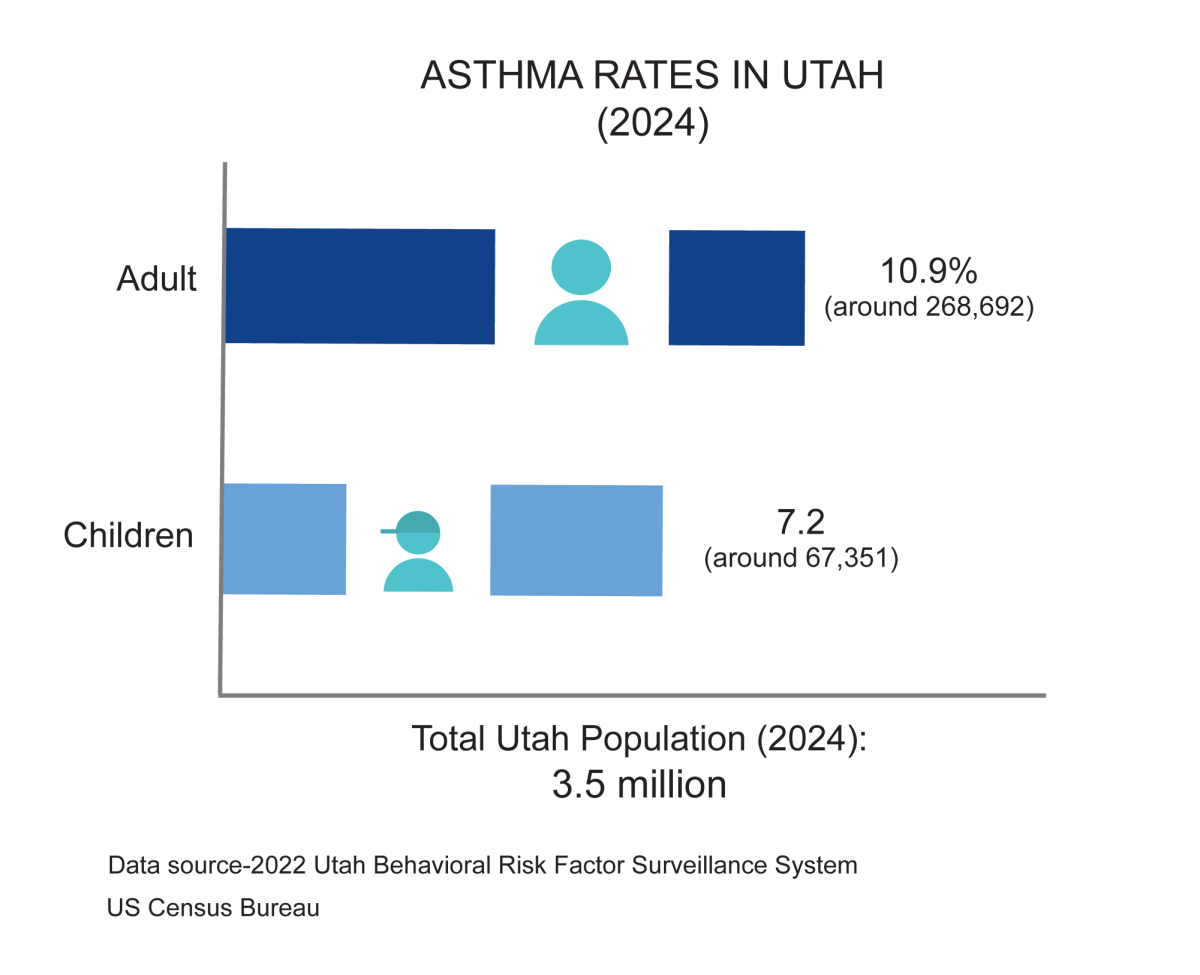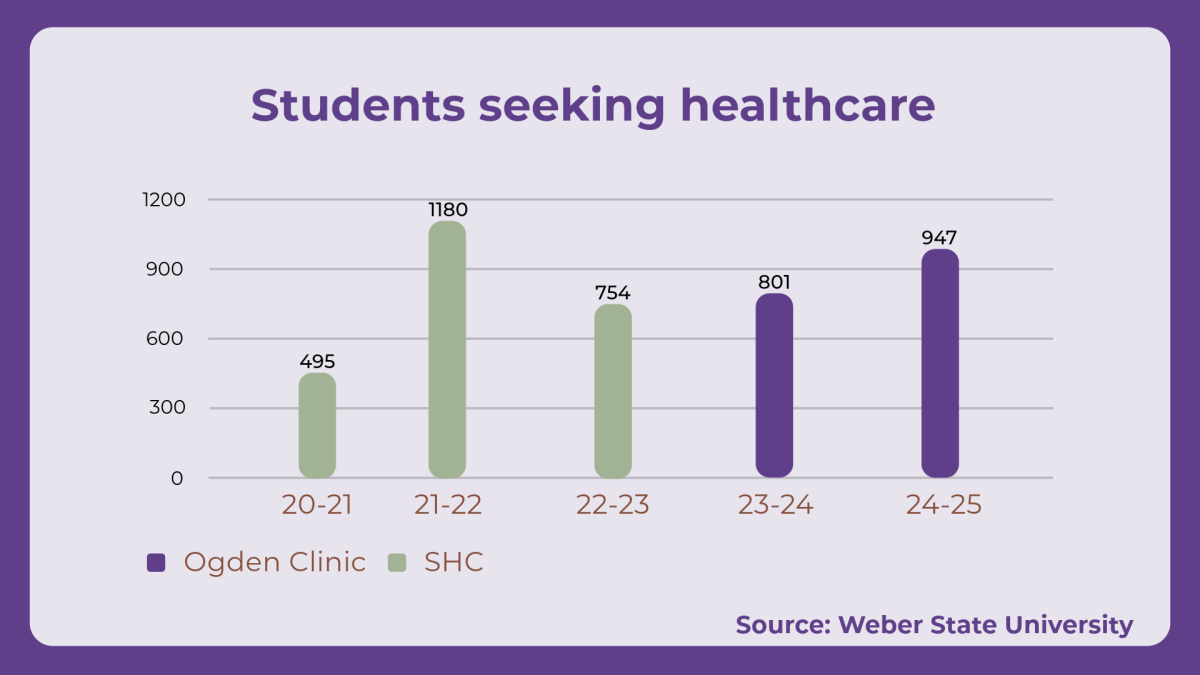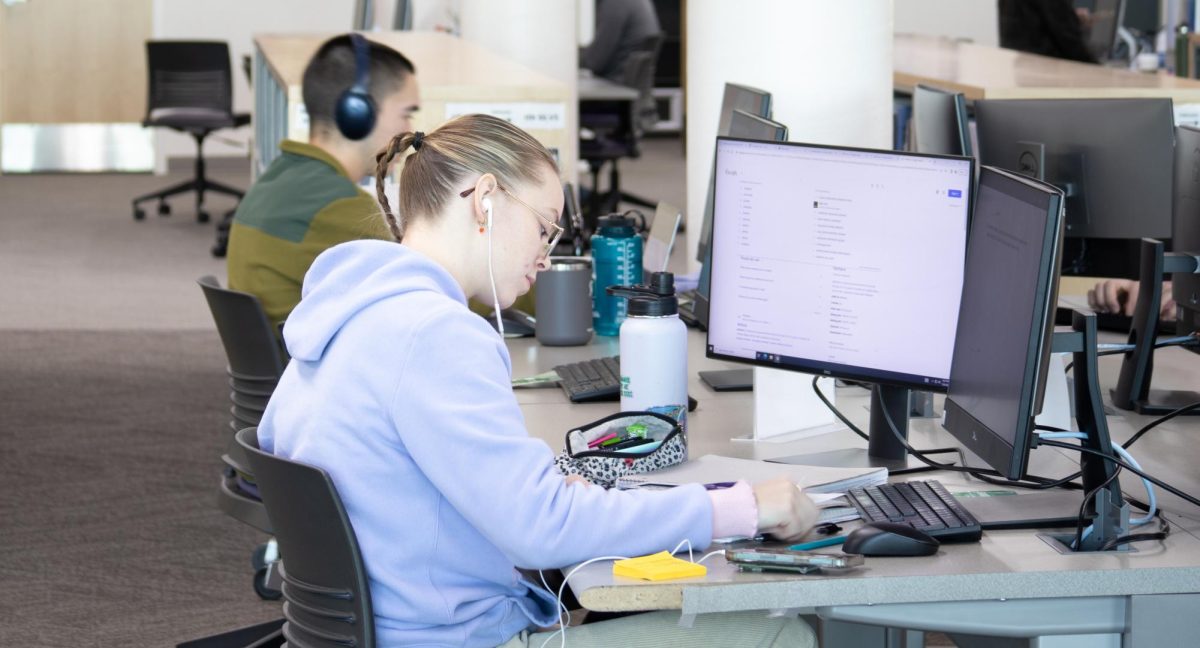This summer, the program collaboration between Weber State University and Xi’an Medical University in China will be graduating its first 70 students from the new respiratory therapy program.
According to the respiratory therapy’s department chair Paul Eberle, about five years ago while on a conference in China, the WSU faculty was made aware of the need for practicing respiratory therapists.
“I realized I didn’t have a counter part I could match up with,” said professor Lisa Trujillo. “All of the other departments like radiology technology had colleagues that were of the same profession but I didn’t have anybody that I could pair up with and engage and discuss.”
When Trujillo came back from the conference, she contacted a respiratory therapy colleague who was originally from Beijing and began to explore possibilities of collaborative work.
“We started doing conferences, sending faculty to China, and then in 2008 they sent three professors here,” Eberle said. “Every year for the last two years, we’ve had five or six physicians housed at university housing and going to clinical hospitals.”
The program began with conferences where WSU faculty would present for Xi’an faculty and students.
“We presented a six day lecture series on clinical applications of respiratory care; everything we do the whole scope of program in these six days for probably eighty physicians, forty nurses and professors,” Trujillo said.
She also said that in the future the program will hopefully progress to the point where WSU students can actually travel to China and participate directly.
Current students at WSU have been able to interact with the visiting physicians and practitioners from Xi’an and the university’s hospital according to the program leaders. Eberle explained that the purpose for their visits was to witness respiratory therapy in practice at the bedside. They participate in students’ clinicals, visit surrounding hospitals such as the Mckay-Dee Hospital, and participate and ask questions during class lectures.
Kelsey Gillespi, who will be graduating from the respiratory therapy program at the end of the coming week, said that the program has benefits for both WSU and Xi’an.
“We got to learn a lot of the differences in medicine in China versus medicine here,” Gillespi said. “For example, until recently, they didn’t really know respiratory therapy existed and it’s neat to see them try to incorporate that into their hospitals.”
Her impression of the program was that the relationship between Xi’an and WSU was mutually beneficial: both parties have been able to learn and benefit from the others’ experience.
“The beauty of it is that we can show them how respiratory therapy works here, but they don’t necessarily have to practice it the same way over there,” Eberle said. “We have no control of where it will go with their government and practice.”
Trujillo explained that WSU has essentially been giving a learning format for the Chinese practitioners. They can take the information and implement it as necessary for their society. According to Eberle the upcoming conference will be novel in the fact that multiple provinces will be in attendance, collaborating for the first time.



















